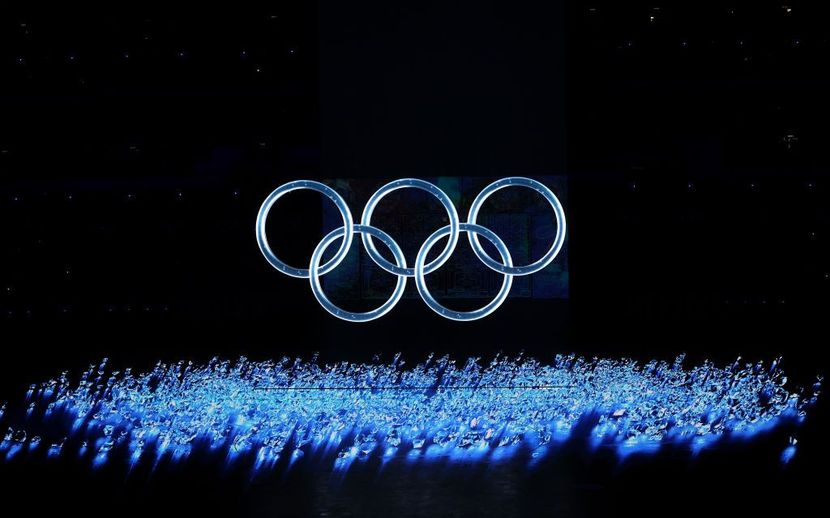
With open water ice swimming and high diving into pillows of powder not yet on the Winter Olympics sports programme and the start of the Beijing 2022 Games now upon us, it is time to look at the aquatics athletes that pulled off the most difficult of doubles: competing at both the Summer and Winter Olympics. In doing so, we found some interesting stories of legends from past Olympic editions. The first aquatics athlete to accomplish this feat was…
KARL SCHAFER (AUSTRIA) – Swimming and Figure Skating
Olympic Summer Games: Amsterdam 1928, Berlin 1936
Olympic Winter Games: St. Moritz 1928, Lake Placid 1932, Garmisch-Partenkirchen 1936
Born in Vienna in 1909, Karl Schafer was a renaissance man in action. A child prodigy, he excelled early in both sports and music. A breaststroke specialist, Schafer won seven national swimming championships, finished fourth at the 1927 European Aquatics Championships and competed for Austria as a 19-year-old in the Amsterdam 1928 Summer Olympics, where he finished fourth in the second round of the 200m Breaststroke.
Three months earlier from the Amsterdam Olympics, the teenaged Schafer further announced himself on the global sporting stage by finishing fourth in the men’s singles figure skating competition at the St. Moritz 1928 Winter Olympics.
Learning to skate on the world’s first artificial outdoor skating rink in Vienna, Schafer is credited with introducing the blur spin (also known as the scratch spin) to figure skating. He was also renowned for his elegant style, bringing dance steps, including elements of the waltz and the tango, into his skating performances.
With innovation and elan, Schafer dominated the sport of men’s figure skating from 1929 until 1936, winning eight Austrian, eight European and seven world championship titles. Schafer’s earned his first Olympic gold at the Lake Placid 1932 Olympics in a captivating duel with three-time Olympic champion Gillis Grafstrom of Sweden.
Schafer again stood atop the Olympic podium at the Garmisch-Partenkirchen 1936 Olympic Winter Games. Only the Danish-born Swedish Ulrich Salchow who starred in the sport two decades after Schafer won more global figure skating titles.
Five months after his second Winter Olympic gold, Schafer qualified for his second summer edition of the Games. A torchbearer of the Berlin 1936 Summer Games, Schafer suffered severe burns during the first Olympic torch relay and could not compete in the 200m Breaststroke.
Retiring from sport due to the injuries sustained in the torch relay accident, Schafer would go on to appear in movies (including Der weiße Traum), start a figure skating touring group (Schafer Ice-Show), coach top figure skaters in the USA and Austria, and become a music director.
In 1997, the annual Vienna Cup figure skating competition was renamed the Karl Schafer Memorial in his honour.